Dr. Debopriyo Mondal
MBBS (Honours, Gold Medalist), MD Internal Medicine (PGIMER, Delhi) (Gold Medalist), DM – Cardiology SCTIMST, Trivandrum – Institute of National Importance (G.O.I), Previously Assistant Professor AIIMS
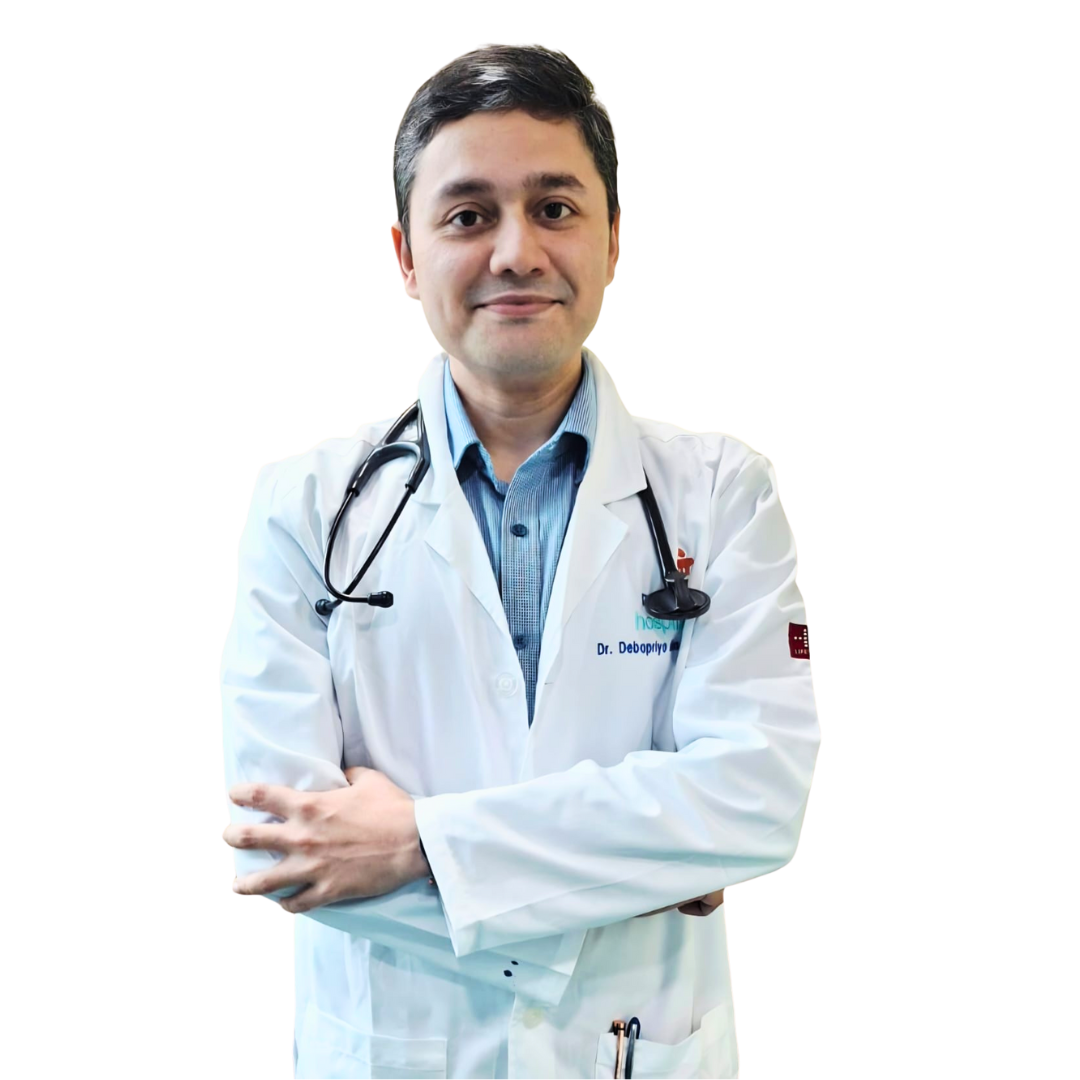

About DOCTOR
Dr. Debopriyo Mondal is one of the Best Cardiologists in Mukundapur, Kolkata. He is an consultant interventional cardiologist at Medica Superspecialty Hospital and has an experience of more than 5 Years as a Top Cardiologist in Kolkata. His area of expertise includes Complex Coronary interventions, Cardiac Implantable Electronic Devices (CIED) including conduction system pacing, Electrophysiology, Arrhythmias and Radiofrequency ablation, Device closure as Best Heart Doctor in Kolkata. Throughout his medical education, he received numerous medals and honors. He was working as Assistant professor at AIIMS before joining Medica Superspecialty Hospital. Dr. Mondal is always ready to deliver Best Cardiac treatment as a Top Cardiologist.
Treatments & PROCEDURES
We will help you with your problems. We are always here to care you.
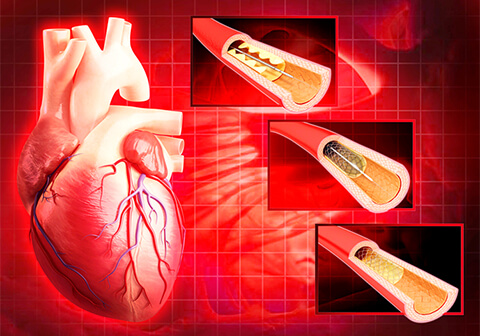
Coronary Intervention
Percutaneous coronary intervention (PCI) refers to a family of minimally invasive procedures used to open clogged coronary arteries.
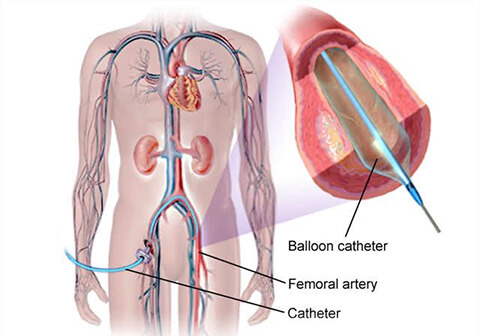
Peripheral Intervention
Peripheral vascular intervention (PVI) are procedures used to treat peripheral artery disease (PAD) or atherosclerosis. The goal of PVI is to restore blood flow to the lower extremities.
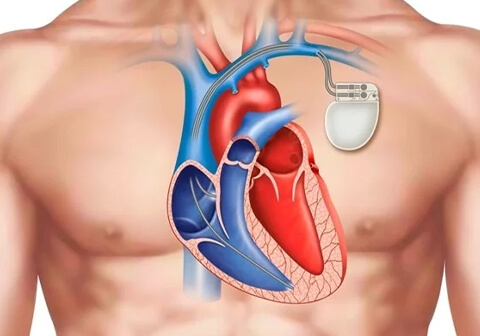
Cardiac Pacing & Device Implantation
A pacemaker is a small device that’s placed (implanted) in the chest to help control the heartbeat. It’s used to prevent the heart from beating too slowly.
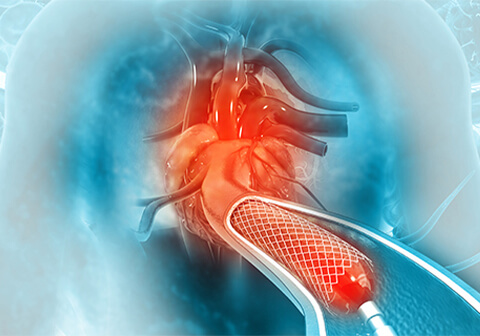
Structural Heart Intervention
Interventions in structural heart disease cover a wide range of cardiac procedures for congenital and acquired diseases including valvular diseases, septal defects, arterial or venous obstructions, and fistulas, and a variety of techniques such as closure of the atrial appendage.
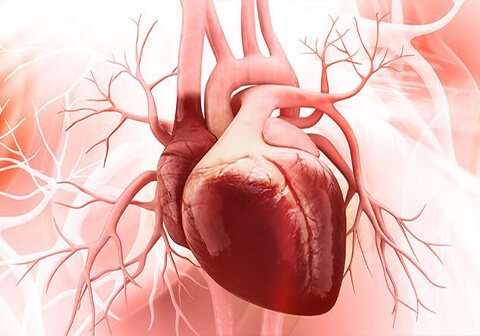
Adult Congenital Heart Disease and Intervention
Congenital heart disease in adults can be repaired using thin, flexible tubes called catheters. Such treatments allow a repair to be done without open-heart surgery.
For Consultation Call NOW

Happy STORIES
Excellent rating
Based on 48 reviewsTrustindex verifies that the original source of the review is Google. Fantastic behavior. Very positive mind. Listened to every patient problem Very carefully. Explained everything to the patient calmly and was extremely friendly about the problem of heart. Fully satisfied at his way of treatment.Trustindex verifies that the original source of the review is Google. He is a very fine cardiologist, will listen to all your problems very patiently and give a good opinion about the diagnosis, treatment options available and prognosis as well . The best part is that he is very humble and approachable. He knows his work really well. I consulted him for a family member and we were totally satisfied. Highly recommend him .Trustindex verifies that the original source of the review is Google. Dr. Debopriyo Mondal is a very good, polite and knowledgeable person. Any cardiac related problem to contact him.Trustindex verifies that the original source of the review is Google. প্রিয় ডাক্তার মন্ডল বাবু খুব শান্ত আমার অভিজ্ঞতা খুব ভাল মানুষ এবং রোগীর যত্ন খুব ভাল করে নেন. আমার অনেক রোগীর চিকিত্সা করা হয়েছে. তারা আজ খুব ভালো আছে ।Trustindex verifies that the original source of the review is Google. He counsels the patients like his own family, very friendly and understanding.. also having a great reputation as an interventionist.Trustindex verifies that the original source of the review is Google. Dr Debopriyo mondal is very experienced and knowledgeable cardiologist. He is a very good interventionist. With his skills and clinical expertise he provides excellent results to patients. He is very calm and listens to whatever we ask him and answers all the queries.Trustindex verifies that the original source of the review is Google. Dr. Debopriyo Sir is very knowledgeable, humble, patient caring and soft spoken and best cardiologist and human... Turely amazed with his nature..🙂🙏Trustindex verifies that the original source of the review is Google. One of the best doctors u will ever come across. Humble and polite. Great clinical acumen and dedicated towards patient care.Trustindex verifies that the original source of the review is Google. Very ethical and polite cardiologist. Any cardiac related problem, he is the correct person to contact.
REVIEW US On...

Frequently Asked Questions.
Interventional cardiology is a branch of cardiology that deals with the diagnosis and treatment of cardiovascular diseases through minimally invasive procedures. These procedures are performed using catheters and other small instruments inserted into the blood vessels.
Interventional cardiology can be used to diagnose and treat a wide range of cardiovascular conditions, including coronary artery disease, heart valve disease, congenital heart defects, peripheral artery disease, and pulmonary embolism.
Any of these issues can lead to Aortic Valve Replacement Surgery.
ome common interventional cardiology procedures include angioplasty, stenting, atherectomy, and transcatheter aortic valve replacement (TAVR). Angioplasty involves inflating a balloon in a blocked artery to open it up and improve blood flow. Stenting involves placing a small metal mesh tube in the artery to keep it open. Atherectomy involves removing plaque from the artery using a rotating catheter. TAVR involves replacing a damaged heart valve without open-heart surgery.
Interventional cardiology procedures are minimally invasive and can be performed on an outpatient basis, which means patients can return home the same day. They also have a shorter recovery time and lower risk of complications compared to traditional open-heart surgery. In addition, interventional cardiology can be used to treat conditions that may not be suitable for surgery, such as high-risk patients or those with multiple comorbidities.
Like any medical procedure, there are risks associated with interventional cardiology, including bleeding, infection, blood clots, stroke, and damage to the blood vessels or surrounding tissues. However, these risks are relatively low and can be minimized through careful patient selection, skilled procedure performance, and post-procedure monitoring.